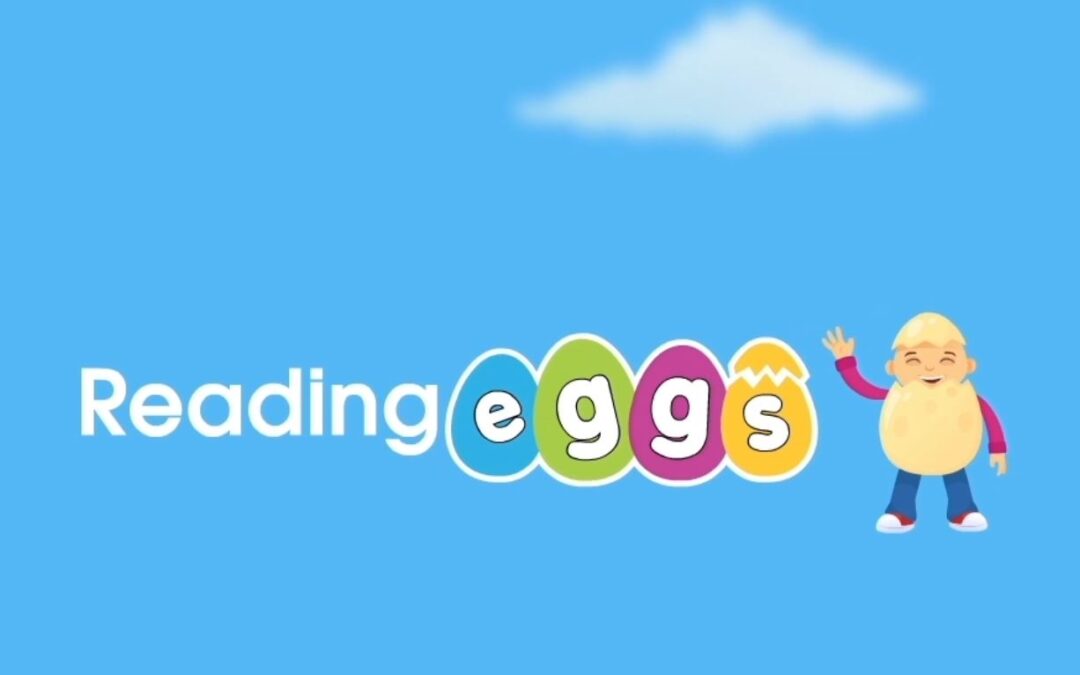What are nouns and some examples of the same
Grammar is the core of learning any language. It sets the foundation in children to develop their linguistic skills. It simply means to have a greater command by being able to listen, speak, read, and write the language eloquently and be a confident communicator. Parts of speech is one out of the many facets of English grammar. Under parts of speech too, there are several components from which we will learn the very first one today, ‘Nouns’.
Words that define names of people, places, things, a state, or a quality are known as ‘Nouns’. The classification of nouns can be into two forms, singular and plural. Given below are types of nouns with some examples.
1. Proper Noun
A person’s name or the name of a place, institution, or a company is known as a proper noun. It is more personalised and always starts with a capital letter.
E.g., Adnan – Name of a person
E.g., United Arab Emirates (UAE) – Name of a country
E.g., Gulf Cooperation Council (GCC) – Name of an institution
2. Common Noun
It is used as a general name of something such as a person, place, or an object.
E.g., Dr. Amjad Khan hails from the Middle East and is currently practicing in Dubai. He is an amazing doctor and is well-known in the city.
In the above sentence, the common nouns are doctor and city whereas Dr. Amjad Khan, Middle East and Dubai are proper nouns.
An easy differentiator between common and proper noun is to check, ‘What is it’ for a common noun and ‘What is the name’ for a proper noun. E.g., It is the best mall in Dubai. So, ‘what’ is the ‘mall’ which is general in nature and if you ask, ‘What is the name’, the answer will be ‘Dubai Mall’ is the best mall in Dubai. So, ‘Dubai Mall’ is the proper noun which is specific in nature.
3. Collective Noun
A noun used to describe a group of people, animals or things is called a collective noun.
E.g., New Zealand team, executive committee, achievers squad, angelic choir
In the above sentence, team, committee, squad, and choir are collective nouns. Collective nouns can be in singular or plural form.
E.g., The choir ‘is’ going to perform at 8 a.m.
E.g., The girls in the choir ‘are’ dressed beautifully.
In the above two examples, note the ‘is’ and the ‘are’ which have reference to the same word ‘choir’ but it depends on the meaning of the sentence and the words are used in singular or plural accordingly.
4. Abstract Noun
This category of nouns is used to describe an idea or a concept, a quality, or a condition of something. Abstract nouns do not have any physical entity which means you cannot see and touch them.
E.g., Love, Friendship, Happiness, Resilience, Perseverance, Forgiveness
5. Material Noun
When we use a name to mention any kind of materials or substances that is known as a material noun. It is something that is felt by our senses.
E.g., Ayesha bought gold today from the Dubai Gold Souk.
In the above sentence, gold is a material noun whereas Dubai Gold Souk is a proper noun.
6. Concrete Noun
The names that are used for tangible or material things that have a physical existence which we can see and touch are known as concrete nouns.
E.g., Chair, Bed, Music Player, Car
E.g., Electric cars are being launched across the globe in the present age.
In the above sentence, ‘cars’ is a collective noun.
8. Uncountable Noun
These are the nouns that cannot be counted and cannot have a plural form.
E.g., Water Food Music
9. Verbal Noun
These nouns are derived from verbs but in actual they do not have the properties or the action of the verb.
E.g., amazing cooking
E.g., beautiful stitching
E.g., excellent driving
The -ing words cooking, stitching, and driving are verbal nouns and not actual verbs.
10. Compound Noun
When a noun is made up of two or more than two words, it is known as a compound noun. These are usually two separate words that align together as one word with a hyphen in between or more than two words come together, connected with the hyphen. In some cases, there is no hyphen in the words joint together.
E.g., fair-skinned
E.g., father-in-law
E.g., face-off
E.g., babysitter
E.g., boyfriend
E.g., bandwagon
Certain compound nouns can be made into plural form but it is not necessary that the ‘s’ is added only at the end of the word. The ‘s’ could be added at the end of the first hyphenated word out of the three joint words. E.g., fathers-in-law. By adding the ‘s’ to the ‘father’ this compound noun becomes plural.
11. Gender Specific Noun
These are the nouns that describe whether something is male or female.
E.g., Actor / Actress
E.g., King / Queen
Please note that some people do not identify themselves as male or female. Hence, in such cases, use your words appropriately.
‘Reading Eggs’ is the multi-award-winning early learning resource that supports your child’s learn to read journey with carefully designed online reading games and activities that are easy to follow, self-paced, and highly engaging for young children. By incorporating ‘Reading Eggs’ into your child’s daily routine, you will be helping to prepare them for the same structured learning they will need to succeed and feel confident at school. The lessons use colourful animation, fun characters, songs, and rewards to keep children motivated. The programme includes over 3000 online books, each ending with a comprehension quiz that assesses your child’s understanding.






Recent Comments